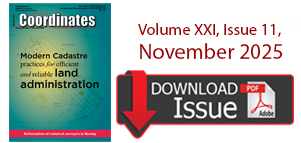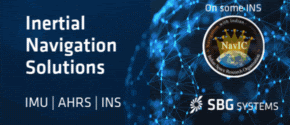| Applications | |
International Ethics Standards
Why ethics standards are of limited use on their own for professionals working in land, property and construction – and if to be effective how such standards need to be embedded, monitored and regulated against |
 |
|
In 2014 in KL I delivered an initial paper which explored the opportunities and very real benefits that could be afforded not only to professionals working in land, property and construction surveying but also to clients, the public and society more generally by the setting, promotion and monitoring of international standards on ethics.
Trust between businesses and society is still at a low point and there is a real danger that focusing on targets and regulations can drive dysfunctional and unethical behaviour.
However, a code of ethics on its own is potentially of limited use and this paper takes the subject further focusing on the following issues:
▪ Is just having ethics standards enough? – do you produce standards and leave it at that?
▪ Will that really get buy in? How are the standards to be regulated ?
▪ What does adoption look like and what are the risks to an organisations or country’s reputation if people just pay lip service?
▪ An update on the work that has been undertaken in the last year by the International Ethics Standards (IES) coalition and the increasing interest in this project from varying organisations, stakeholders and governments inc the UN and World Bank. The IES were published in Dec 2016, and all 110+ members of the Coalition (inc FIG and many member associations within FIG) are committed to adopting into their own organisations.
▪ The challenges the FIG faces in coming to terms with the varying global definitions of what is ethical, how the various members will be challenged to implement IES.
▪ How FIG Commission 1 intend to provide guidance across our many diverse types of members working in different fields of surveying.
▪ How are FIG intending to get the message across to members across the world and how we are looking to embed ethics standards into our constituent professional bodies membership requirements, training and (critically) regulation.
▪ Should compliance with ethics standards be reactive or proactively measured?
Ethical behaviours by professionals is critical to both business, consumers and society in general but what more needs to be done to continue trying to change what for many is ‘normal business practice’.
We intend in FIG Commission 1 to build on the growing interest generated initially in KL in 2014, then Sofia in 2015, New Zealand in 2016, Helsinki 2017 and the International Ethics Standards Coalition of over 110 professional bodies globally who have now come together on this topic, to hold a workshop in Istanbul to hear updates from countries and their representatives about real life examples of ethical issues they face as surveyors in their geographies.
This will help the FIG Commission 1 Working Group ensure the new FIG Ethics Code, which is a major feature of the workplan for 2014-18, can comfortably be replaced by the International Ethics Standard published in late 2016, and we can start to work on the guidance material which we think member associations and surveyors around the world.
The paper was presented at FIG Congress 2018, 6-11 May 2018, Istanbul, Turkey.












 (No Ratings Yet)
(No Ratings Yet)





Leave your response!